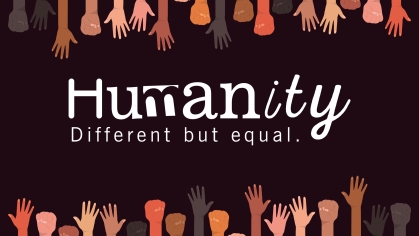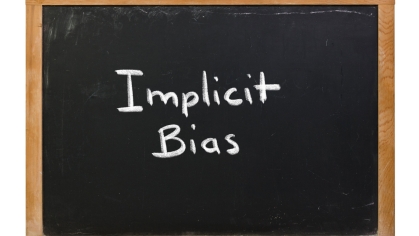This month’s conversation topic is less of a conversation, and more of an opportunity for self-reflection. The topic is racial trauma. The term "race-based traumatic stress" was first used in 2007 by Robert T. Carter in his paper "Racism and Psychological and Emotional Injury: Recognizing and Assessing Race-Based Traumatic Stress.” As the term became more well-known, it was used synonymously with racial trauma. Racial trauma can result from major experiences of racism or can result from continued exposure to repeated small occurrences, such as everyday discrimination and microaggressions. As professionals working in the field of mental health, it is important for us all to explore our racial identity. Some members of our community work with, or will work with, clients who are experiencing racial trauma. If you are one of them, explore how you feel about that. Do you feel prepared to support these individuals? How will you practice self-care if you have personally experienced racial trauma? “The Racial Healing Handbook” by Dr. Anneliese Singh offers some activities to help the reader start this important work.



